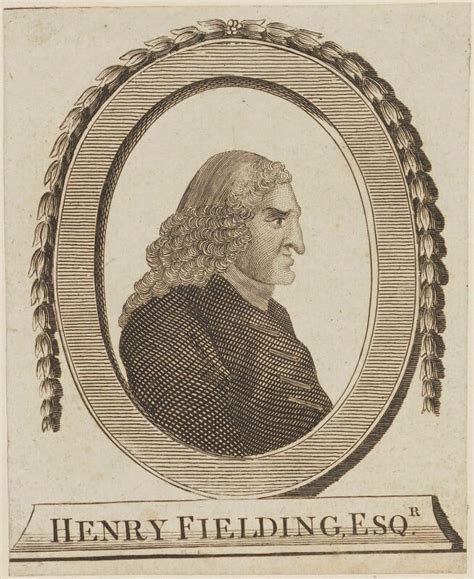Gertrude Stein is one of those writers whose reputation is often noticed before her work. Many people recognize her most famous lines or the portraits of her, while fewer have spent time inside her writing itself. Yet Stein’s importance should rest less on her reputation than on her persistence. She pursued a lifelong attention to how language works, how thoughts form and how repetition can alter the meaning of words themselves. She didn’t set out to confuse readers (despite what some of you may believe). She set out to look closely and to make her readers do the same. She was not interested in impressing her audience so much as training them. Her decades spanning undertaking was her attention – to language, to human thought and to the way meaning changes when words are allowed to… linger.

*
Stein was born in Pittsburgh in 1874 and spent much of her childhood moving between the United States and Europe. This early sense of displacement could perhaps help explain her later interest in identity. She decided on a course of study at Harvard’s Radcliffe College, where she trained under psychologist and philosopher William James (one of the founders of modern psychology). This time with a tutor so keenly interested in the “whys” of the mind are clearly visible in her later work, and her ideas about consciousness and attention. After a brief stint in medicine – because why not explore the inside of the body while pondering the mind – she settled in Paris in 1903. As her home, Paris offered Stein intellectual freedom and a ready audience for unconventional ideas. It was buzzing with expatriates and creativity already, and Stein jumped right in! She lived with her brother Leo (who was frankly essential to her early career), and together they became collectors of both art and ideas. They hosted gatherings that attracted painters, writers and thinkers and together this group began reshaping the way art functioned in society. Hemingway, Picasso, Matisse… these were just some of the names that popped in and popped out of Stein’s salon – drawn to her by her wit, her sharp eye for talent and perhaps the promise of a good argument or stimulating conversation.
Stein’s writing career developed gradually but deliberately. Her first major publication, Three Lives (1909), marked her first major success and announced her interest in deep dives into ordinary inner lives with unconventional narrative. Using subtlety in language instead of any dramatic action, Stein showed that for her, plot was secondary. What mattered in her work was the language itself. How words felt in sequence, how sentences could repeat and slowly alter their own meaning. Her focus on language intensified with her book Tender Buttons (published in 1914) – a work that remains challenging to read to this day because it abandons normal description and simply refuses to explain itself. Her work asks readers to stay with the words themselves, rather than rush past them to find out the story.
Stein’s influence extended quite far beyond her own work. Her unique style gave others permission to write differently themselves. She helped usher in modernist literature’s playful and more fragmented feel. Ernest Hemingway, despite their later disagreements, once famously said that all modern American literature began with Stein’s Three Lives. Later readers would see in her work an early hint that language (and specifically how you structure it) simply affects reality. Her much quoted “a rose is a rose is a rose” is not a riddle so much as a statement. Repetition does not get rid of the meaning of the words, it just changes how we notice them.
Stein remained in Paris until her death in 1946, continuing to write with conviction and remaining a fixture of the Parisian intellectual scene she helped create. Her work may not be considered easy reading (okay, it certainly is not), but whether you love her or scratch your head at her writing style she transformed literature, undeniably. She changed how writers think about words – not just looking at them as a way to convey meaning, but as experiences within themselves. Her writing gave her audience a way of reading that slowed the world down, and reminds us that paying attention can itself be considered a creative act! Happy Birthday to Gertrude Stein!




















